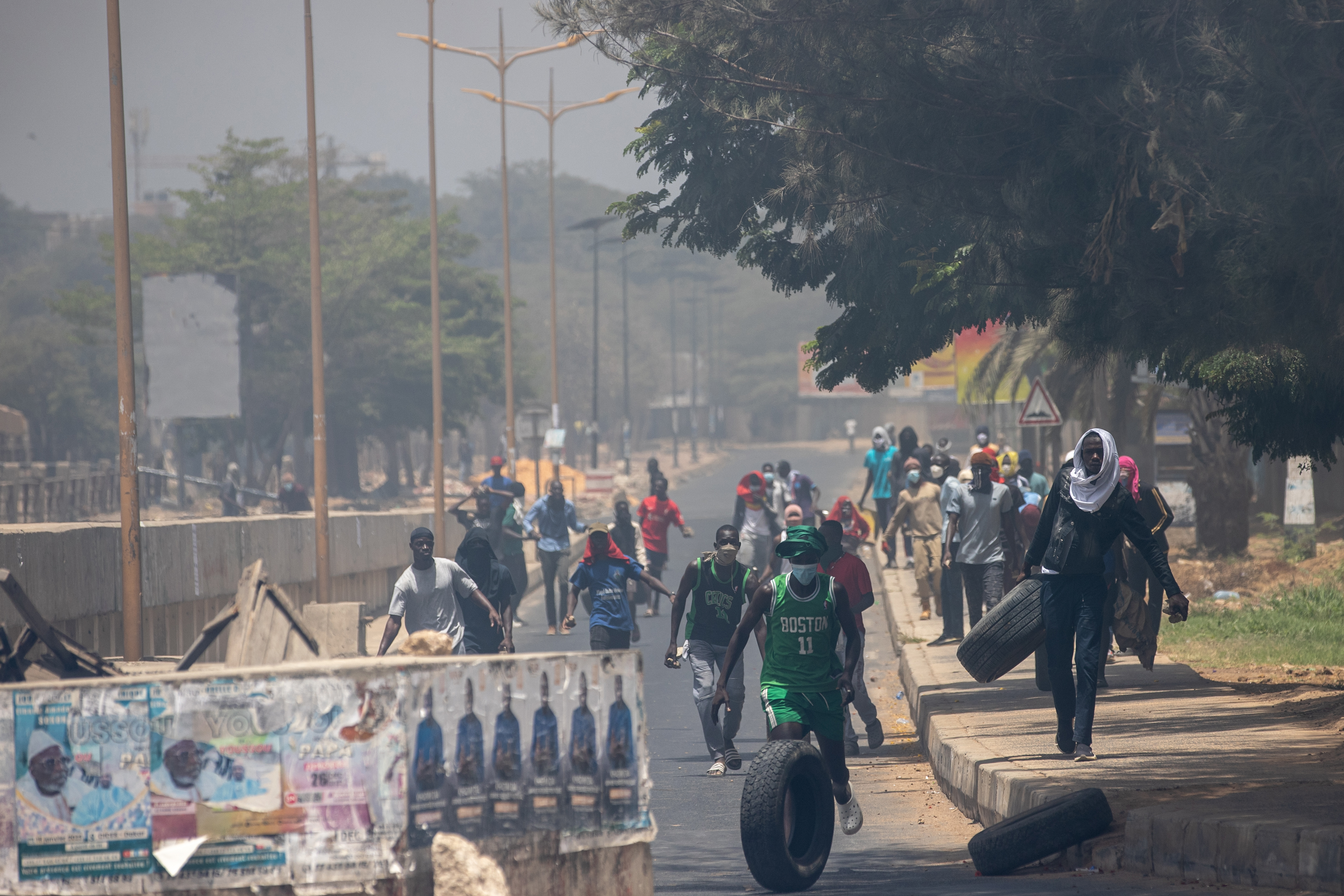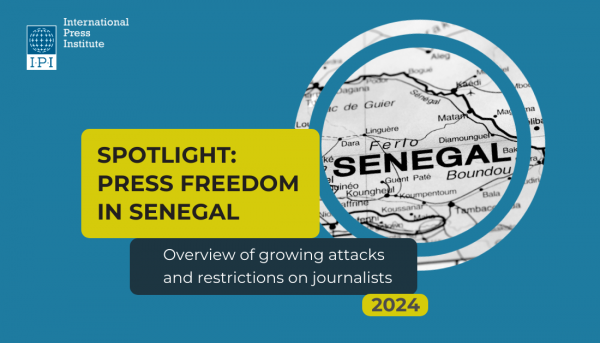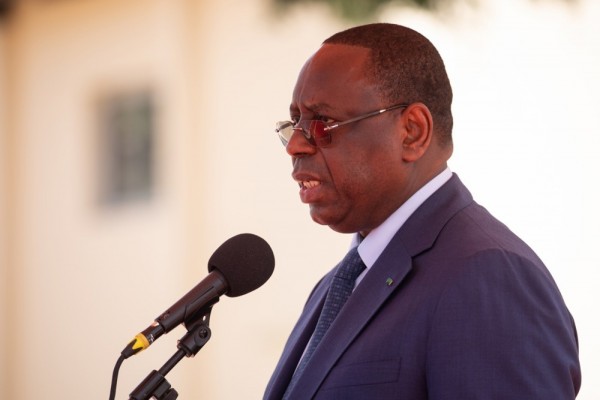The IPI global network condemns the recent ordering of network disruptions and internet shutdowns by governments Mauritania, Guinea, and Senegal, where access to the internet has been either partially or completely restricted in recent months amid public protests. Internet shutdowns are a disproportionate restriction on the public’s right to access to information, including during times of protest or political upheaval.
Most recently, the internet was recently restricted in Senegal during public demonstrations against the sentencing of opposition leader Ousmane Sonko on June 1, 2023. The minister of communications in Senegal claimed this internet shutdown was necessary to prevent the spread of hatred and violence.
In neighbouring Mauritania, in the midst of protests over the death of a young man in police custody, the government on May 31 disconnected mobile internet access. Authorities reportedly justified the shutdown as a way to hinder communication among criminals. This was the second time that Mauritania has shutdown the internet this year, with a similar development having occurred in March 2023 following a prison break.
A journalist in Mauritania who requested anonymity told IPI that “the scuffles between the demonstrators and the police had been widely relayed across the country with live broadcasts. This gave a large echo to the protests. Footage of the beatings and the remains of the two victims were widely shared on social networks, along with calls to demonstrate. The authorities, to stop the movement, cut off the net.”
On May 17, the authorities in Guinea ordered an internet shutdown in an attempt to quell planned anti-government protests. Two of the biggest telecommunications industry players in the country, MTN Guinea and Orange, complied with the demand. Press associations in Guinea condemned the shutdown as an act of censorship as access to news sites and popular social networks was either blocked or restricted.
Access to the internet is a human right. Any restrictions to this right can only be justified in the narrowest of circumstances and must be proportionate to achieve the desired aim. The U.N. and human rights experts have found that the intentional disruption of internet access and digital communications in almost no circumstances meets this proportionality test. This includes intentional network shutdowns or disruptions during times of political activity or protest.
Internet shutdowns not only undermine press freedom by restricting or hindering the work of journalists; they also restrict the public’s access to information of vital importance, including information that affects their personal safety.
“Governments must cease their use of network shutdowns as a means of controlling or restricting news and information, particularly during times of political activity and protest”, IPI Director of Advocacy Amy Brouillette said. “Private platforms and telecommunications companies should also push back on these types of demands to ensure that they are not complicit in government actions that undermine the public’s right to information.”



